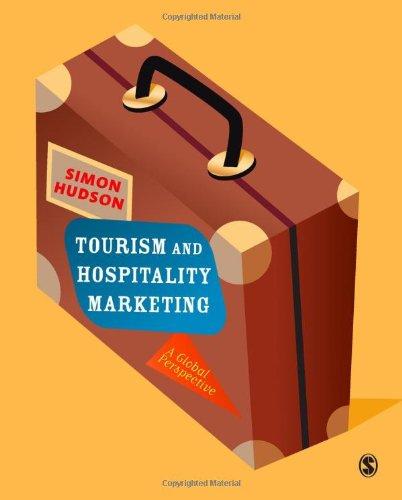Do you think Club 1830 was taking a risk by attempting to change its image? What could
Question:
Do you think Club 18–30 was taking a risk by attempting to change its image?
What could have been (and still could be) the negative consequences of such a strategy?
In 2003, Thomas Cook had a crisis of confidence over its Club 18–30 brand that sold overseas holidays to young people, due to dwindling bookings, bad press and the daunting task of trying to reinvent the brand. However, by summer 2005 numbers were up 25 per cent and a new ‘grown-up’ image was gradually being established in the public forum, thanks to a radical change of direction in communications.
Club 18–30 was first launched in the 1960s and targeted affluent youth, but by the mid-1980s was increasingly associated with cutting-edge licentiousness – sex, sex and more sex. Bad publicity was as good as any publicity when its outrageous ads, as well as the much-publicized bad behaviour of both its clients and some of its overseas staff, engendered endless debate and criticism in the media. By the mid-
1990s, Club 18–30 was thriving thanks to headline-grabbing advertising campaigns featuring such double entendre slogans as ‘Beaver Espana’, ‘Summer of 69’ and ‘Wake up at the crack of Dawn’. However, by 2003 the high profile, self-styled sexon-
the-beach tour company had been undermined by its own risqué image. What had once been tongue in cheek had now become dirty. The ITV reality series Club Reps that documented the drunken antics and promiscuity of young Brits abroad, regular detrimental press reports of both tourists and Club reps being arrested in various Mediterranean resorts in a widespread police crackdown against lewd and rowdy British tourists, and negative reactions to ‘soft porn’ ads all finally contributed to turning youth away from the travel company.
Step by Step Answer:

Tourism And Hospitality Marketing A Global Perspective
ISBN: 9781412946865
1st Edition
Authors: Simon Hudson





